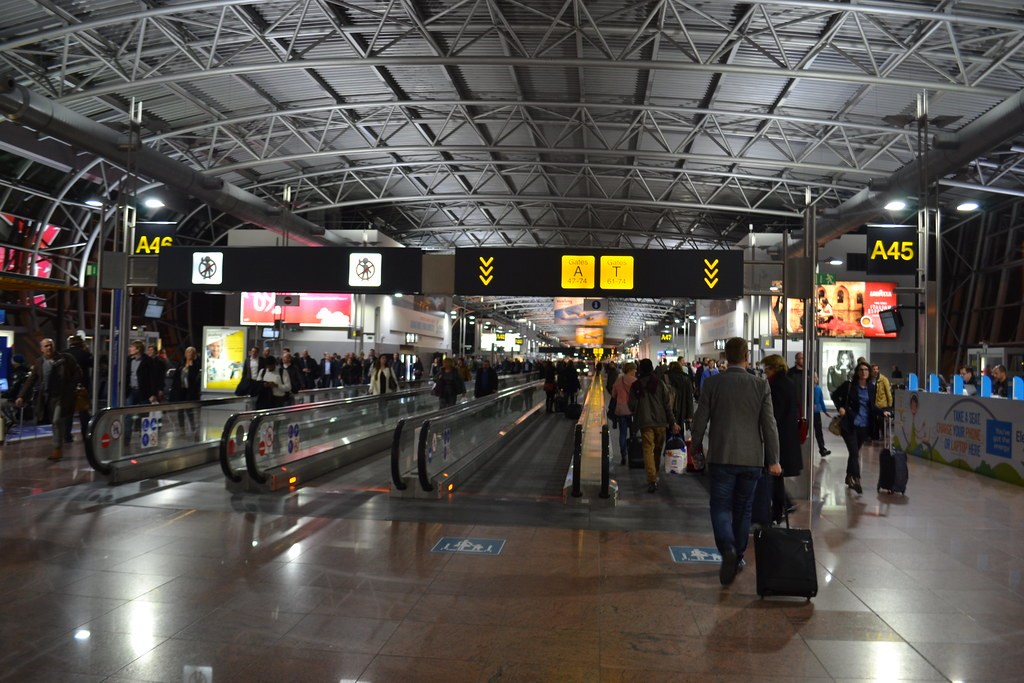On Thursday, the Council of the European Union updated its list of third countries for which restrictions on non-essential travel should be gradually lifted.
In what is the second update to the list, the EU decided to remove one country, Algeria, from its list of third countries which could see restrictions lifted over time, after it had already removed Montenegro and Serbia in its previous update.
Starting 31 July, the Council recommends lifting restrictions over time for Australia, Canada, Georgia, Japan, Morocco, New Zealand, Rwanda, South Korea, Thailand, Tunisia and Uruguay, as well as China, subject to reciprocity.
The remaining countries are considered as having a “sufficiently good epidemiological situation,” as well as the necessary capacity to manage the epidemic, such as testing and contact tracing, according to the EU.
Inhabitants of all other countries are not allowed to enter the EU, except for essential journeys.
Related News
- New restrictions against Belgian travellers will 'without a doubt' be implemented
- 'No intention' to close Belgium's borders, says Interior Minister
- Coronavirus: keeping borders closed is unsustainable, WHO says
The list continues to be regularly reviewed and, if necessary, updated to include or exclude foreign countries.
In the recommendation, citizens of Andorra, Monaco, San Marino and the Vatican are considered as EU residents. Additionally, EU citizens residing in countries that are not included in the list are exempted from the travel restrictions.
The recommendations of the Council are not legally binding. In effect, this means that Member States are responsible for the way and to what degree they implement the recommendation. At the same time, Member States do not have the power to independently decide to lift travel bans to countries that are not on the Council’s list.
When the list was first published, at the end of June, Belgium decided not to open its borders to travellers from the EU’s list yet, as there were still too many health problems, or there was no reciprocity.
Maïthe Chini & Amée Zoutberg
The Brussels Times

